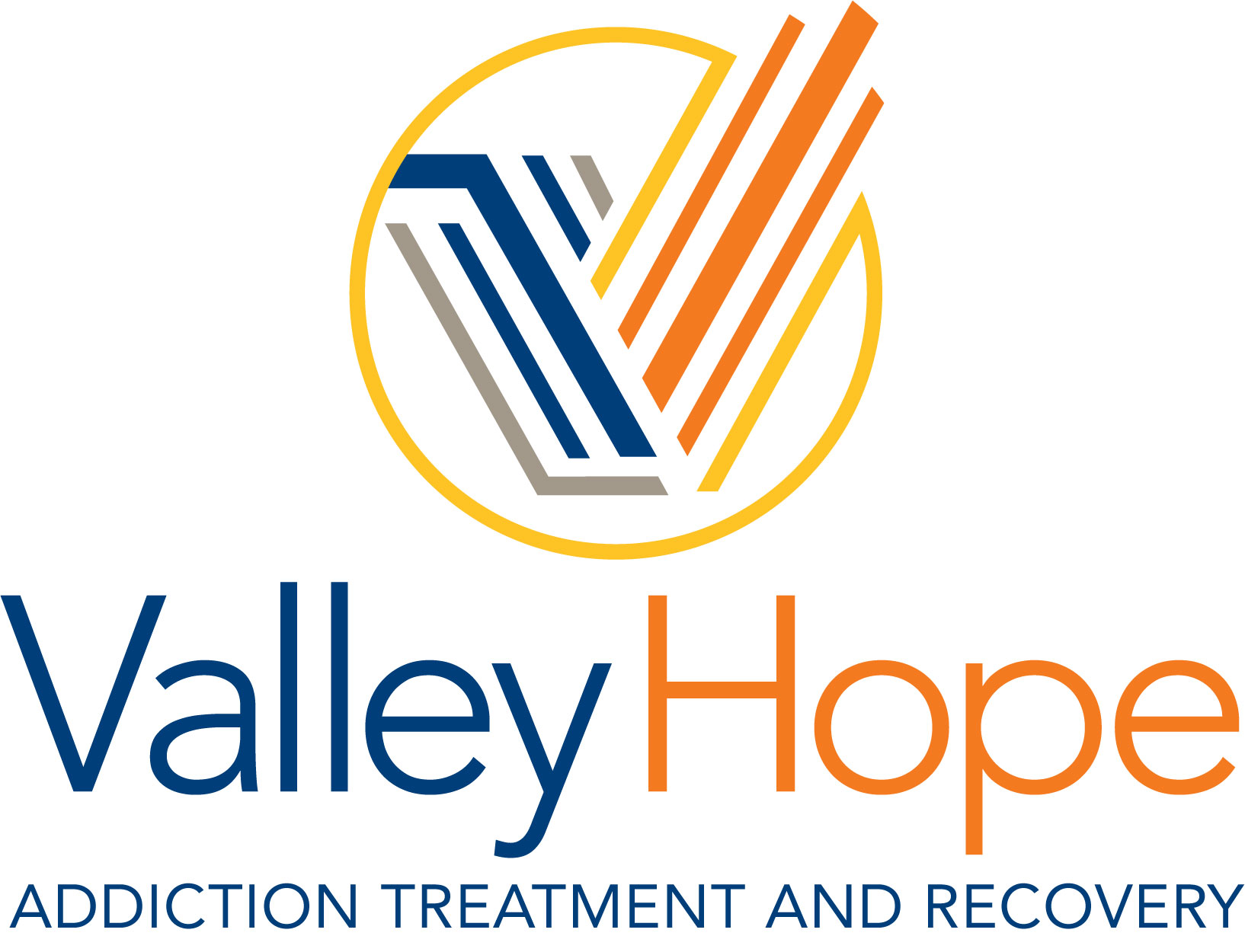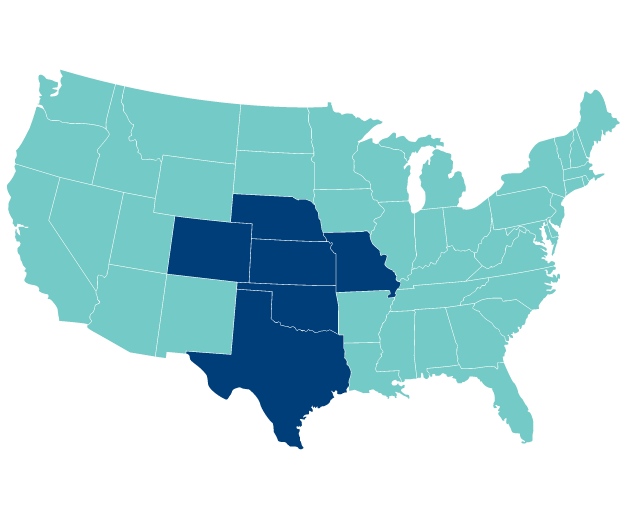Each day, nurses working in the addiction treatment field provide direct care to patients with a substance use disorder (SUD). Nurses play an essential role in helping SUD patients find healing in treatment and hope in recovery. The work, while fulfilling, requires meaningful self-care strategies to ensure dedicated nurses take care of their own well-being so that they can care for their patients.
Developing an effective self-care plan can strengthen a nurse’s ability to provide compassionate, informed attention to the patients they serve. Use these tools to build an effective self-care strategy:
Follow the Basics: Sleep, Eat, Move
The basics of self-care include a healthy diet, physical activity and sufficient rest. Take care of yourself by eating healthy, getting enough rest and staying active or exercising daily. Make sure you are getting enough sleep, as well as resting your mind and body when necessary. A healthy mind relies on a healthy body, so diet and exercise are essential pieces of the self-care puzzle. Join a gym, sign up for a fun exercise class or make time each day for a brisk walk. And, be mindful of your diet and nutrition, focusing on healthy eating choices and patterns. Taking care of your physical health will naturally feed into your emotional health and reduce stress levels.
Learn to Meditate
Meditation is a powerful option for self-care. Take control of your thoughts and emotions with a meditation practice. Even five minutes a day can make the difference. Meditation will calm your mind, reduce stress and enhance your overall health. As you build your routine, expand your meditation practice.
Seek Support
Due to the amount of time spent with each patient, nurses working in the SUD field have a unique level of closeness with patients. That can naturally add more pressure to the quality of care nurses provide. Have a support system and people to talk to in place when you need to talk. Whether you share with a close friend, fellow nurse or a professional therapist, taking care of yourself includes sharing your thoughts and feelings in a safe, healthy process.
Establish Boundaries
“Grant me the serenity to accept the things I cannot change, courage to change the things I can change, and wisdom to know the difference.” Be sure to establish a healthy boundary between work and home. It can be difficult due to the close bonds that nurses working in the SUD field establish with patients and colleagues. But for nurses, unplugging from work is essential to avoid ongoing stress.
Have Fun
Nurses work hard every day to help people and their families. Your tireless efforts have helped so many find hope and healing. Take some time to reward yourself with things that bring you joy. Self-care also includes having fun. When appropriate, book a quick trip over a long weekend, buy those new shoes or book that massage. Go see a movie, explore an art gallery or checkout your favorite live music. Whatever treats make you happy, bring friends and enjoy.
Nurses who serve in the addiction treatment field specialize in making patients feel loved from the moment they walk in the door. You specialize in compassionate care. The gift of compassion motivates you to go out of your way to help the physical, mental or emotional pains of patients but it also demands that you practice self-care as needed. Your role is essential to the short and long-term success of patients in recovery. Put these essential self-care practices in place and your work will feel even more fulfilling.
At Valley Hope, we have witnessed the devastating toll addiction takes on families. However, we firmly believe that by embracing patients and their families with compassion, treating them with proven therapies and empowering them with the proper tools, they reclaim their lives.
Explore Valley Hope services, or share with those in need of support. Valley Hope’s blog provides extensive resources and information for loved ones, families and the recovery community.
For more information on addiction, treatment and recovery, please visit valleyhope.org or for help 24/7 call (800) 544-5101.











